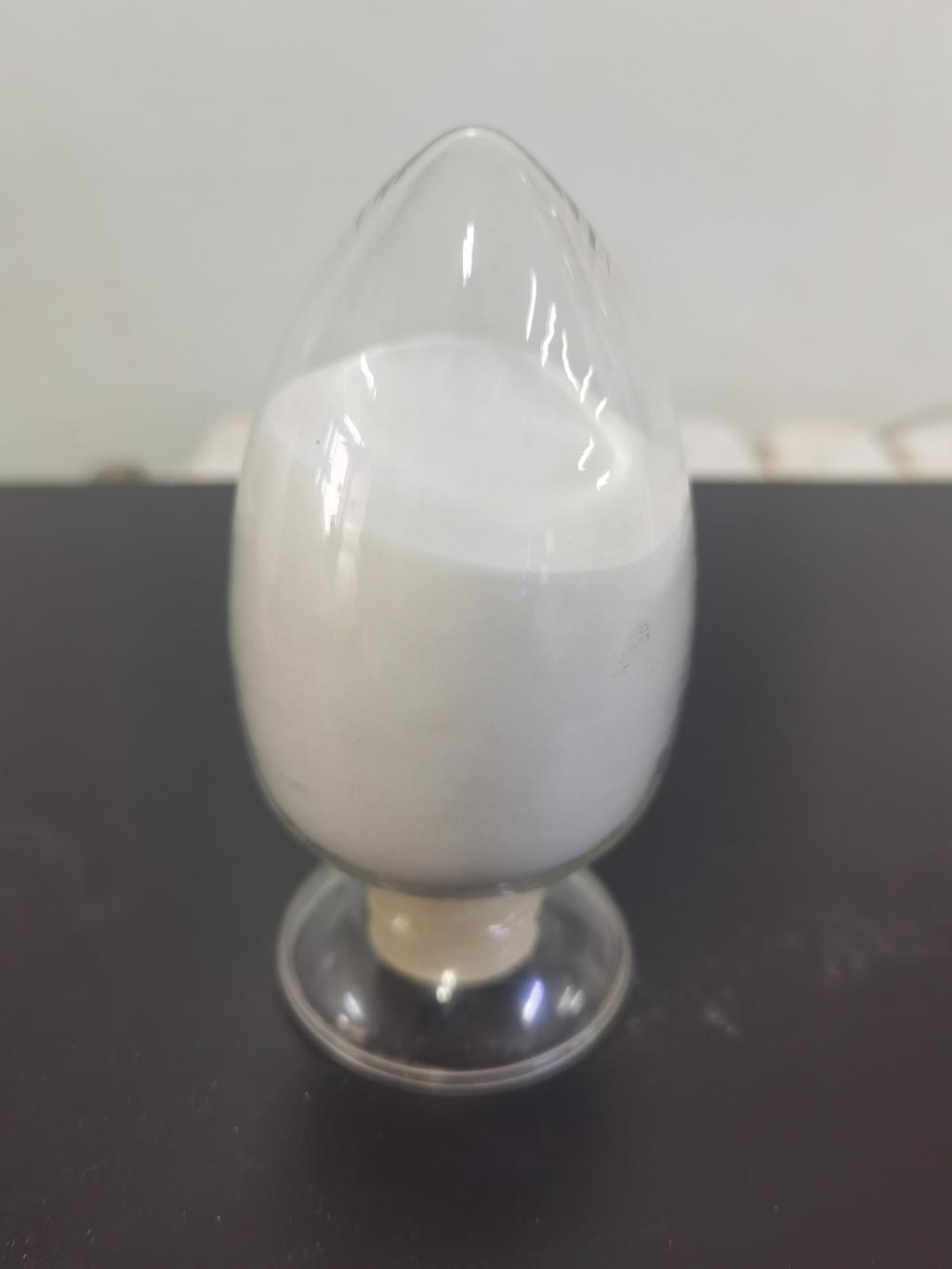Tel:+8618231198596

News
 CONTACT
CONTACT
 CONTACT
CONTACT
- Linkman:Linda Yao
- Tel: +8618231198596
- Email:linda.yao@dcpharma.cn
- Linkman:CHARLES.WANG
- Department:Overseas
- Tel: 0086 0311-85537378 0086 0311-85539701
News
Current Position:
Home >
News
>Safety Assurance in Personal Care Products: The Role of ε-Polylysine Hydrochloride
Safety Assurance in Personal Care Products: The Role of ε-Polylysine Hydrochloride
TIME:2024-01-09
Understanding ε-Polylysine Hydrochloride:
ε-Polylysine hydrochloride is a cationic homopolymer composed of lysine residues linked by peptide bonds. It is naturally produced by certain strains of bacteria, particularly Streptomyces albulus. The unique structure of ε-Polylysine imparts antimicrobial properties, making it an effective preservative in personal care products.
The Need for Safe and Stable Personal Care Formulations:
Consumers today are more discerning than ever, seeking personal care products that not only deliver on performance but also adhere to safety standards. Traditional preservatives in personal care formulations have faced scrutiny due to concerns about potential health risks and environmental impact. ε-Polylysine hydrochloride, as a natural and biocompatible alternative, addresses these concerns by providing effective antimicrobial protection without compromising safety.
Antimicrobial Action in Personal Care:
One of the primary roles of ε-Polylysine hydrochloride in personal care products is its antimicrobial action. As a preservative, it inhibits the growth of bacteria, yeast, and mold, preventing microbial contamination in formulations. This is crucial for maintaining the integrity and safety of products such as lotions, creams, shampoos, and other cosmetics that come into direct contact with the skin.
Biodegradability and Environmental Impact:
The environmental impact of personal care products has come under scrutiny, particularly concerning the persistence of synthetic preservatives. ε-Polylysine hydrochloride offers a sustainable solution, being biodegradable and breaking down into environmentally benign components. This aligns with the broader industry trend towards eco-friendly formulations that prioritize both consumer safety and environmental sustainability.
Compatibility with Various Personal Care Formulations:
The versatility of ε-Polylysine hydrochloride is reflected in its compatibility with a wide range of personal care formulations. It can be seamlessly integrated into skincare products, haircare formulations, and other cosmetic applications without compromising the sensory attributes or performance of the products. Its flexibility makes it an attractive choice for formulators seeking natural preservatives that enhance safety without sacrificing efficacy.
Preserving Active Ingredients:
Many personal care products contain active ingredients that are prone to degradation due to microbial contamination. ε-Polylysine hydrochloride plays a pivotal role in preserving the efficacy of these active ingredients by preventing microbial growth. This ensures that the benefits promised by skincare and cosmetic products are delivered consistently over the product's shelf life.
Skin-Friendly Preservative:
The safety of preservatives in personal care products is of paramount importance, especially considering that these products are applied directly to the skin. ε-Polylysine hydrochloride's natural origin and biocompatibility make it a skin-friendly preservative. Its use aligns with the growing demand for clean-label products that prioritize consumer health and well-being.
Allergen-Free and Hypoallergenic Formulations:
Formulating products to be allergen-free and hypoallergenic is a key consideration in the personal care industry. The use of ε-Polylysine hydrochloride supports the creation of formulations that are less likely to cause allergic reactions. Its safety profile makes it suitable for sensitive skin, expanding the range of consumers who can benefit from personal care products containing this natural preservative.
Regulatory Approvals and Industry Standards:
Ensuring the safety of personal care products requires compliance with regulatory standards and industry guidelines. ε-Polylysine hydrochloride has received recognition and approval in various regions, underscoring its safety for use in personal care formulations. Its acceptance by regulatory bodies reinforces its credibility as a reliable and safe preservative for the beauty and skincare industry.
Collaborative Innovation for the Future:
As the personal care industry continues to evolve, collaborative efforts between researchers, formulators, and manufacturers are essential for advancing innovation in preservative technologies. The integration of ε-Polylysine hydrochloride into personal care formulations is part of this ongoing journey towards safer, more sustainable, and effective products that cater to the evolving needs of consumers.
Conclusion:
In the quest for safety assurance in personal care products, ε-Polylysine hydrochloride emerges as a natural and effective preservative. Its antimicrobial properties, biodegradability, and skin-friendly nature position it as a key player in the drive towards safer and more sustainable formulations. As the beauty and skincare industry navigates the complexities of consumer expectations, regulatory compliance, and environmental responsibility, ε-Polylysine hydrochloride stands as a beacon of innovation, offering a pathway to a future where personal care products not only enhance beauty but also prioritize health, safety, and sustainability.
- Tel:+8618231198596
- Whatsapp:18231198596
- Chat With Skype







